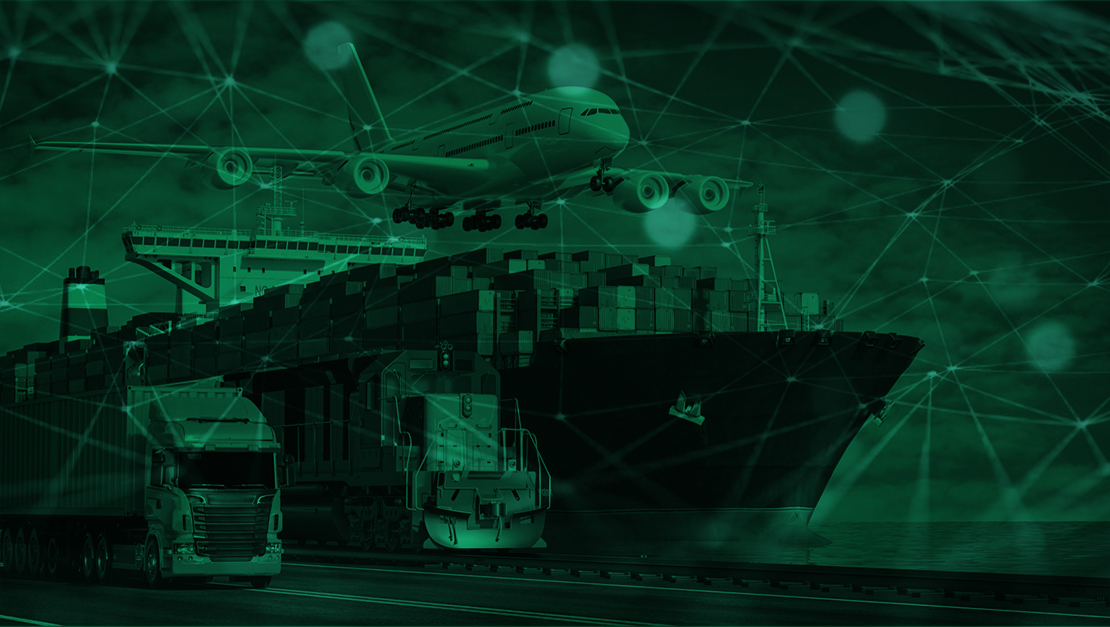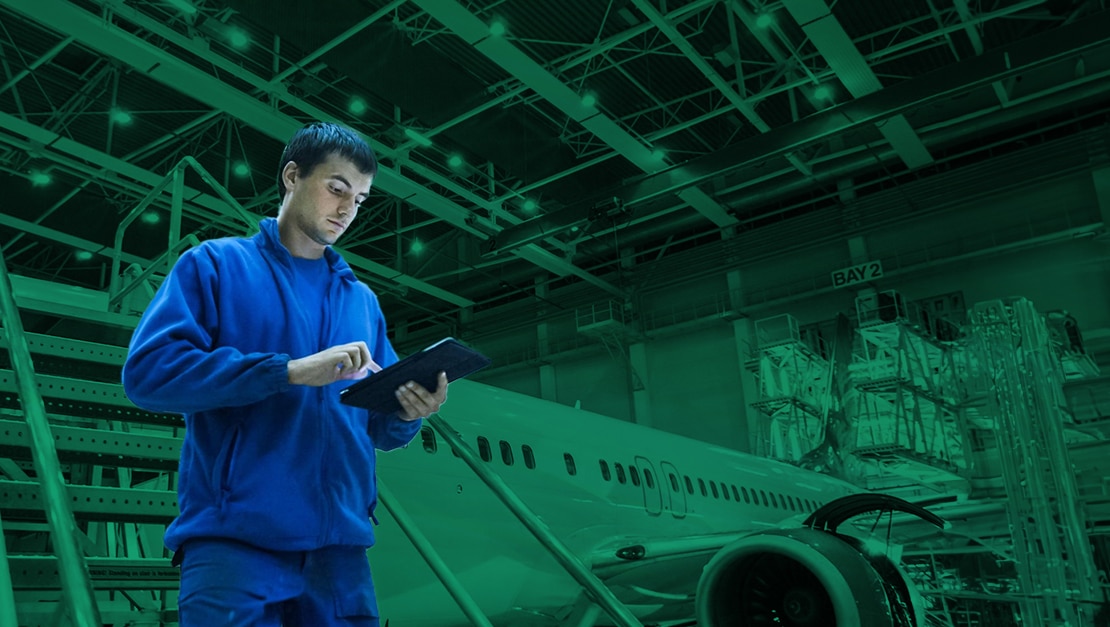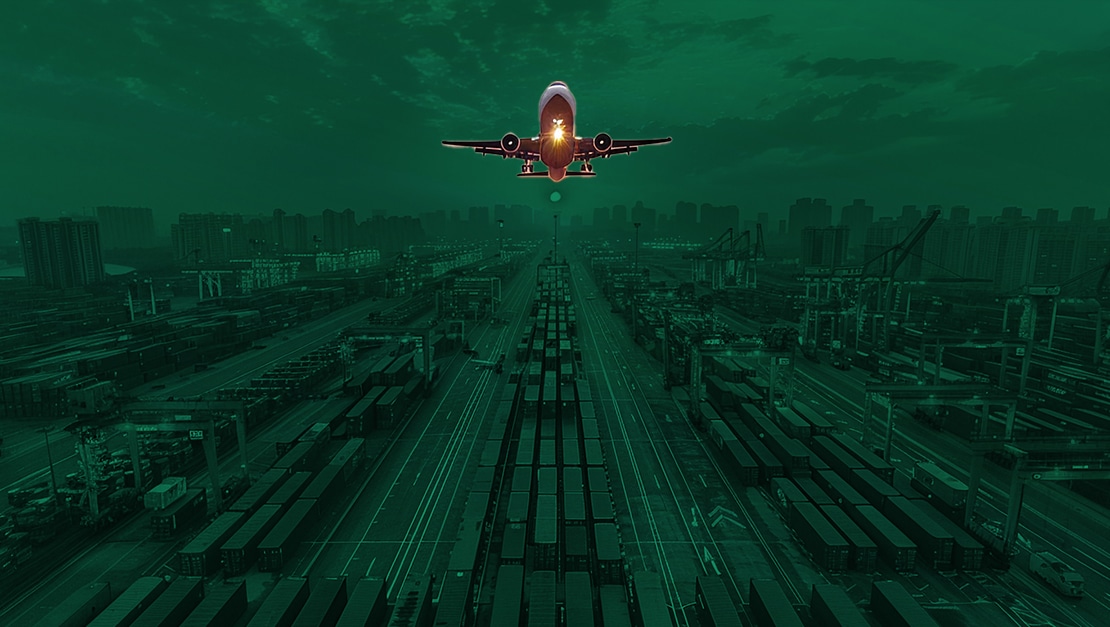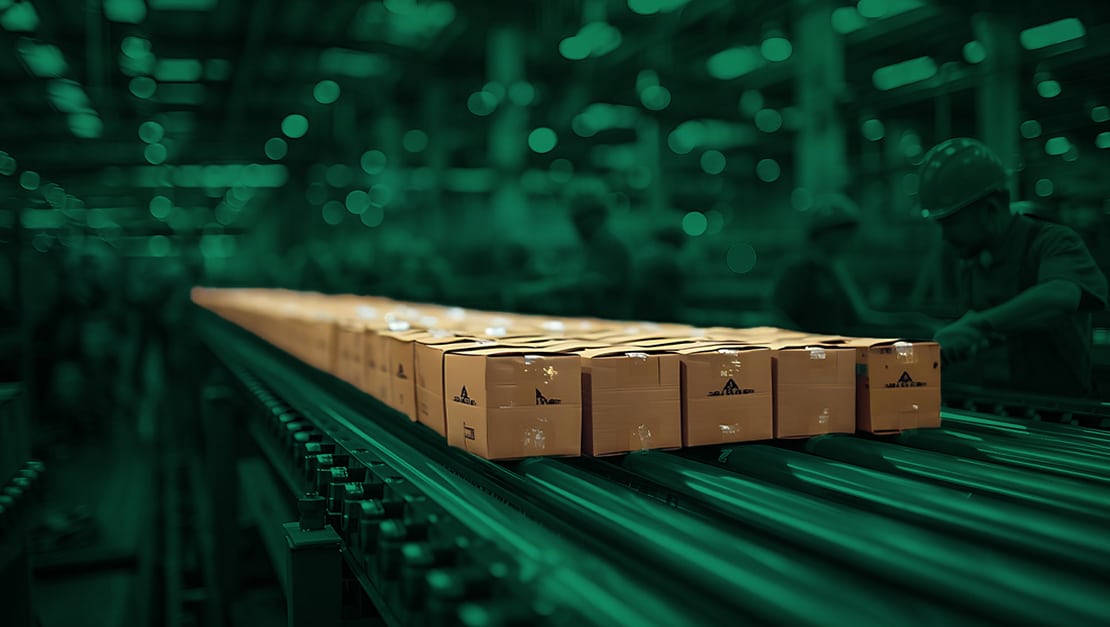Digital transformation in logistics represents a complete reimagining of traditional processes. With cutting-edge technology at its core like automation, artificial intelligence (AI) tools, machine learning (ML), the Internet of Things (IoT), and more, traditional logistics are upgraded to evolve with the quick pace of current market demands.
Digital transformation enables companies to optimize operations better and adapt quickly to market changes and demands, revolutionizing supply chain management. These digital changes can improve customer satisfaction, productivity, and decision-making, with many technologies, like aiOla’s AI-driven voice platform, not disrupting existing workflows at all.
In this blog post, we’ll look at the main aspects of digital transformation in logistics, some success stories, the challenges of new implementations, and how aiOla is leading the charge of turning traditional logistics systems into advanced ones that meet today’s market needs.
Key Technologies of Digital Transformation in Logistics
Digital transformation can take on a lot of different formats depending on a company’s industry or specific requirements. While there are many different technologies available for logistics companies, a core few make up the majority of digital transformations, completely altering how businesses operate. Here are a few of those technologies.
Automation and Robotics
Robotics and workflow automation tools are enhancing the accuracy and efficiency of operations using various technologies. Automated warehousing systems help logistics teams cut down on manual tasks while streamlining order fulfillment and ensuring more accurate inventory management. Additionally, with robotics, companies can count and monitor inventory more precisely and make sorting and retrieval processes more efficient.
Internet of Things (IoT)
IoT is made up of several systems and technologies that provide logistics teams with real-time visibility and data-driven insights into their processes. With the IoT, companies gain access to real-time tracking and monitoring of their shipments through tools like smart sensors, offering more reliable location tracking that helps reduce delays. With this sensor technology, logistics teams can also gain more insights into their supply chain to monitor environmental conditions and proactively identify and resolve issues.
Big Data and Analytics
With a wider pool of reliable data, logistics teams can improve their decision-making, optimize operations, and even anticipate market demands. Predictive analytics enable logistics teams to forecast demand based on historical data and market trends, making it easier to optimize inventory levels. With data-driven decision-making, organizations can also plan transportation routes and allocate resources more efficiently.
Cloud Computing
When it comes to digital transformation in logistics and supply chain, cloud computing is a fundamental component that offers platforms that are collaborative and scalable. Cloud-based logistics management systems allow organizations to centralize their big data, communicate across teams and locations, and scale as they grow. These cloud-based systems also help the supply chain run more smoothly, as collaboration is done in real-time, ensuring all stakeholders are working on a unified platform.
Artificial Intelligence (AI)
AI is completely transforming logistics operations in many companies, offering new forms of intelligence and automations. As AI can take on many forms, it can be integrated with other key digital transformation technologies, such as robotics and big data, adding an extra layer of operational efficiency. With AI, logistics teams can use sensors for predictive maintenance of critical machinery, instantly optimize transportation routes based on gathered data, and automate manual tasks to save time and resources.
Digital Transformation in Logistics Examples and Success Stories
Every company’s digital transformation journey looks different to meet a logistics team’s unique demands. Some digital transformations might rely more heavily on robotics, while others rely on software like IoT and AI systems. To better understand what digital transformation in logistics can look like, let’s look at some success stories from well-known companies.
Amazon’s Robotic Fulfillment
Amazon implemented robotics in several systems to help employees work more efficiently and deliver orders to customers quickly. Amazon Robotic Fulfillment Centers (ARFC) worldwide rely on robots to move items and pick them for shipments. Amazon uses 750,000 robots to make workflows easier for employees, taking on tasks related to inventory management, sorting, storage, delivery, and safety. The robots have enabled Amazon to drastically reduce order fulfillment time, increase accuracy, cut down on human errors related to repetitive tasks, and optimize warehouse space.
DHL Express and Cloud Computing
As one of the leading providers of logistics services, DHL has taken its business to the next level by offering cloud computing and API services. DHL Express’s logistics platforms help companies connect to different applications on the cloud via an API to offer faster delivery, seamless control, and better price transparency to customers. This service is beneficial for logistics in industries like healthcare, where shipments need to be temperature-controlled and timing is critical.
Walmart’s AI-Powered Inventory System
Walmart understood how harnessing the power of AI and big data could help it offer a better service. The retail giant relies on an AI-powered inventory management system to leverage historical data paired with predictive analytics to optimize distribution centers more accurately. Additionally, by integrating other technologies like ML, data management systems, and investing in automating 55% of its fulfillment center volume, Walmart is using AI together with other business tools to deliver a smoother shopping experience and enhanced supply chain operations.
Challenges and Risks in Digital Transformation
There’s no denying the importance of digital transformation in logistics. According to a survey by Accenture, 76% of respondents agree that “any freight and logistics company not focusing on building digital capabilities will seriously endanger their business.”
Without tools like AI, IoT, robotics, and cloud computing, the companies we mentioned in the success stories couldn’t have improved their operations to enhance their service and meet consumer demands. Still, some companies may find themselves on the fence due to the challenges and risks that come with digital transformation. Some common concerns include:
- Integration with legacy systems: Existing systems can be a challenge in logistics, especially older ones that are outdated and may not be compatible with modern solutions
- Cybersecurity concerns: Digital technologies create more exposure to cyber threats such as data breaches or ransomware attacks, creating a need for new cybersecurity measures
- Workforce training: Studies show that 52% of frontline workers would leave their jobs over the implementation of new tech tools, demonstrating how digital transformation requiring significant training and upskilling could lead to employee resistance
- Cost of implementation: The initial cost of digital implementation in logistics isn’t light when you factor in training and upgrading existing infrastructure
Of course, while these challenges present a potential roadblock, they’re not impossible to solve. With careful planning and consideration of which software and systems will work best with your existing workforce and technological infrastructure as well as implementing a digital transformation roadmap, many of these risks can be avoided. Additionally, opting for emerging technologies that don’t significantly interrupt your existing workflows is another way to avoid pushback, high costs, and onboarding challenges.
aiOla: Leading the Charge on Speech-based Digital Transformation
aiOla, an AI-powered speech platform, is one such system that won’t interrupt your workflows, but enhance them. With aiOla, all employees need to do is speak in order to automate actions, gather data, and optimize tasks. Through the power of speech and AI, aiOla can help complete mission-critical tasks related to logistics and supply chain management, enabling organizations to benefit from digital transformation without requiring drastic upskilling or training.
With aiOla, logistics teams can streamline operations by:
- Completing inspections in a matter of seconds using language
- Automating manual tasks through speech, making workflows more efficient
- Collect and analyze spoken data in real-time, encouraging more informed decision-making
- Reducing downtime by gathering data for predictive analytics
- Increasing productivity by cutting down on the possibility of human error
- Delivering a better service to customers by becoming more quick and efficient
aiOla does this by combining multiple technologies, such as ML, natural language understanding (NLU), and automatic speech recognition (ASR), and more. Through cutting-edge technology, aiOla can help logistics teams improve operations and work smarter. aiOla understands over 100 languages including distinct accents and dialects, as well as industry jargon, so even with logistics teams spread over warehouses in multiple locations, organizations can gather and unify data and workflows across the board.
Adaptive Logistics Through Digital Transformation
The process of digital transformation may not be an easy one, but it will ensure that your organization doesn’t fall behind the competition and can easily adapt to an evolving technological landscape. With emerging solutions like aiOla, logistics teams can ensure that their work processes are running as effectively as possible while guaranteeing the viability of overall operations.
Turning speech into action is just one of the ways new work solutions like aiOla harness the power of AI technology to transform logistics and supply chain management.
Book a demo with an aiOla expert to understand how our platform helps logistics teams easily implement digital transformation.








